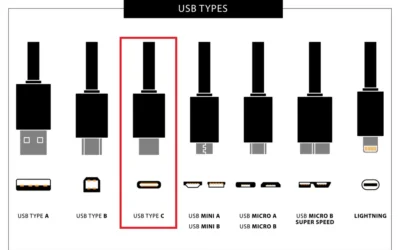Accepting Cookies and Notifications on Your Android or iPhone
When browsing the web on your Android phone or iPhone, it’s easy to click “Accept” when a site asks about cookies or notifications. Most of us do it without thinking, but this small action can put your mobile phone security at serious risk. Cybercriminals are increasingly using these permissions to flood users with spam, fake virus alerts, and even dangerous scams.
How Cookies and Notifications Become a Threat
Cookies are pieces of data that websites save on your device. Many cookies are harmless and even useful, keeping you logged in or saving items in your shopping basket. But others are designed to track your browsing habits across different websites. This tracking is then used to push targeted adverts—some of which can be misleading or harmful.
Website notifications are another problem. When you allow them, you’re essentially giving a site permission to pop up alerts on your phone at any time. On both Android and iOS, these can quickly turn into streams of unwanted adverts designed to trick you into clicking links.
Fake Virus Alerts and Scare Tactics
One of the most common scams is the “Your phone is infected” message. These fake pop-ups often appear after accepting cookies or notifications on unsafe websites. They claim your device is at risk and encourage you to download a so-called cleaner app or “security tool.”
But these apps are rarely legitimate. Instead, they bombard you with more spam, push paid subscriptions you don’t need, or even steal personal information. This scam affects both Android security and iPhone users, despite Apple’s stricter app rules. The danger isn’t the device itself—it’s the web content you allow onto it. If you’re worried, run a legitimate security app or contact a trusted repair service.
Why Mobile Phone Users Should Be Careful
- Android devices: More open to app downloads, which makes them especially vulnerable if you follow fake links.
- iPhones (iOS): While Apple limits what apps can do, Safari and Chrome are still susceptible to malicious websites that send spam notifications or show misleading ads.
No matter which device you use, the risk comes from clicking “Allow” or “Accept” without questioning it. If your phone has already been affected, we can help with malware checks, data recovery, or software resets.
How to Stay Safe Online
Be selective with cookies
Always reject “non-essential cookies” where possible to reduce tracking.
Limit website notifications
Only enable notifications from trusted websites you use regularly.
Ignore fake virus warnings
If a site claims your phone is infected, close the page. Real security alerts come from your phone’s operating system, not random websites.
Review permissions
Both Android and iOS allow you to check which sites have notification access—revoke any you don’t recognise.
Use trusted apps only
Download security or cleaner apps from the official Google Play Store or Apple App Store, and check reviews before installing. If you’ve accidentally installed a suspicious app, bring your device to us for a full security clean-up.
Final Thoughts
Online scams are evolving, and criminals know that many people don’t think twice about accepting cookies or notifications. By staying cautious, you can avoid falling into traps that lead to spam adverts, fake virus warnings, and dangerous app downloads.
Whether you use an Android phone or an iPhone, your best defence is awareness. Think before you tap, and you’ll keep your device—and your personal data—safe. And if your device is already showing strange pop-ups or performance issues, our expert team at FoneJackerNI can help.






0 Comments